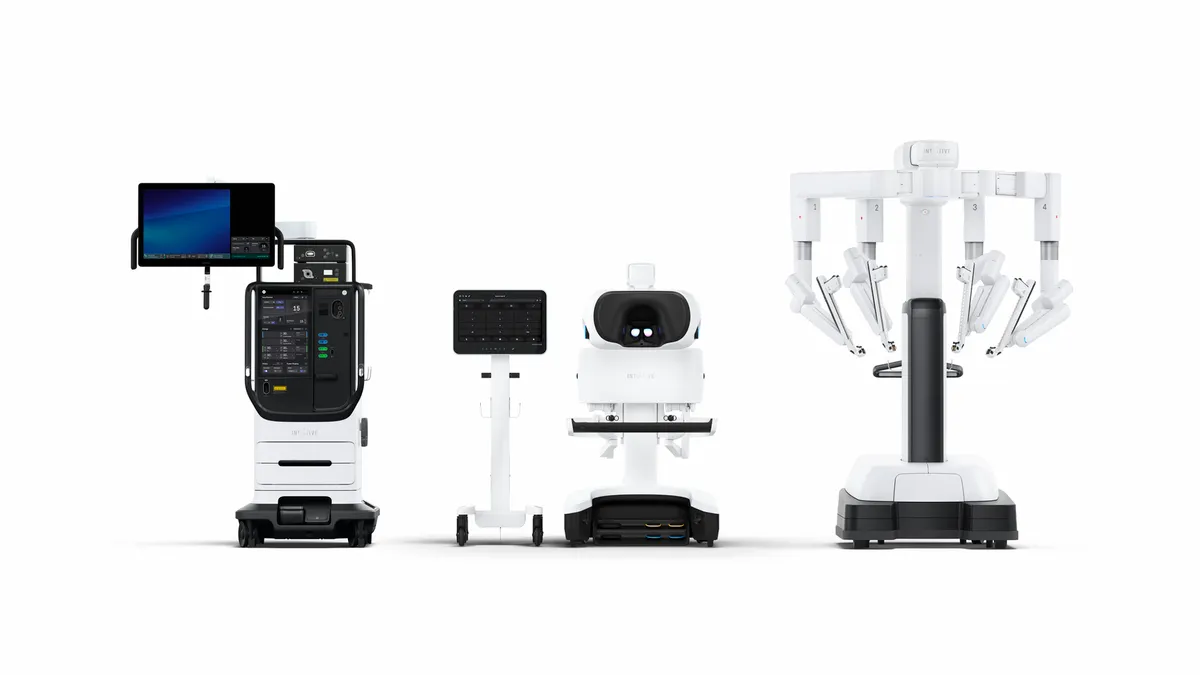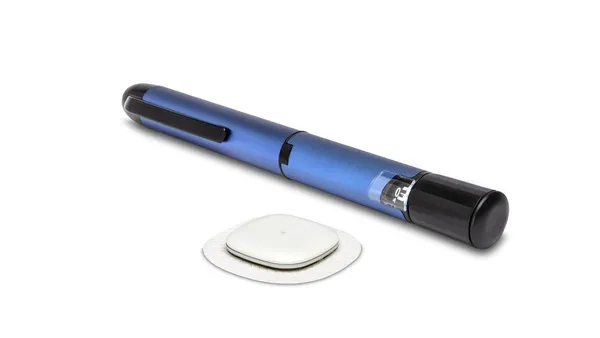Intuitive Surgical will roll out the next generation of its market-leading da Vinci surgical robot in a limited launch that will extend into 2025, the company said Monday on a conference call with analysts.
The phased launch, starting in the U.S., will allow Intuitive to gather feedback from surgeons, optimize the supply chain and expand manufacturing capacity, Dave Rosa, Intuitive’s president, said on the call.
The gross average selling price for the new system will be about 30% higher than that of the company’s current model, da Vinci Xi, according to company executives.
The average selling price for Intuitive’s systems in the fourth quarter was $1.42 million, the company said in January.
However, the system will integrate several features that customers generally purchase separately with da Vinci Xi, such as table motion, insufflation and certain hub, simulation, camera and generator items. Including the full stack of additional items, a customer’s total acquisition cost would be about 15% higher for da Vinci 5, compared with da Vinci Xi.
The company late last week said it received 510(k) clearance from the Food and Drug Administration for the latest iteration of the robot.
Intuitive has been working on the design and development of the new system for more than a decade.
The fifth generation of the da Vinci robot offers further advancements, including tissue-sensing technology called force feedback, vibration and tremor controls, improved 3D imaging, and 10,000 times the computing power of its da Vinci Xi predecessor.
Other new features include updated console ergonomics designed to be more comfortable for the surgeon, a smaller physical footprint for the system in the operating room, and improvements to streamline workflow.
The force feedback technology, which measures the pressure exerted on the body’s tissue during surgery, is generating the greatest interest from surgeons, said RBC Capital Markets analyst Shagun Singh.
“Our checks suggest that demand for the new system is extremely high,” Singh wrote in a research note last week, after speaking with several physicians.
“We believe this is groundbreaking for robotic surgery,” Myriam Curet, Intuitive’s chief medical officer, said on the company’s call. “In preclinical testing, surgeons who used the force feedback instruments of da Vinci 5 exerted significantly less force on tissue, which could translate into less tissue trauma during surgery when compared to da Vinci Xi.”












